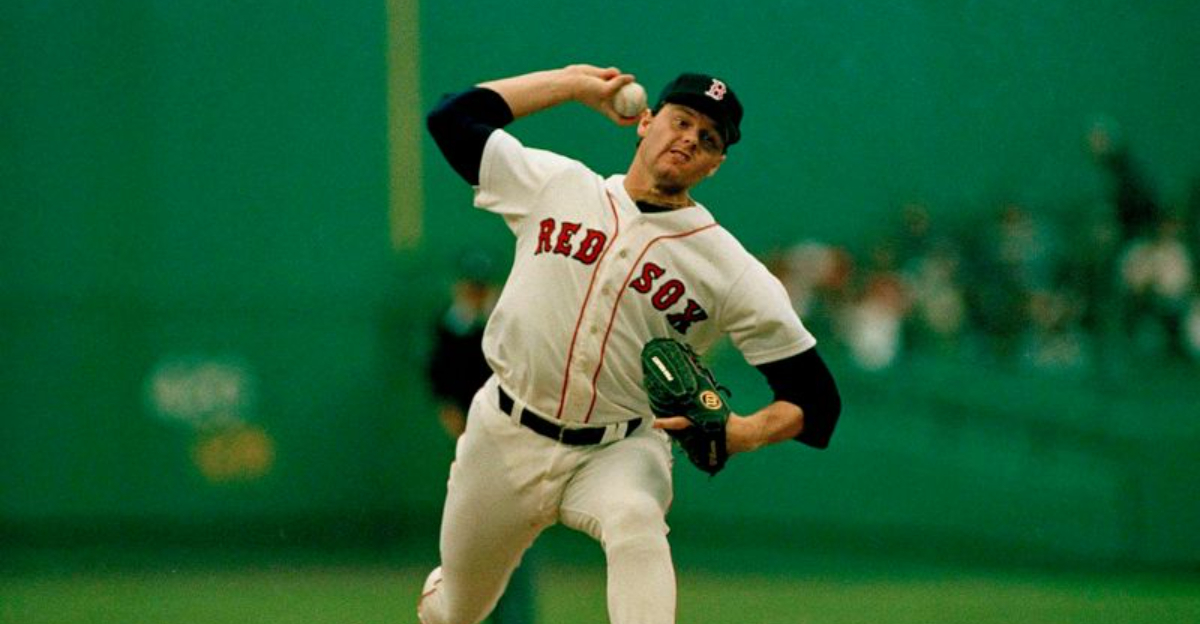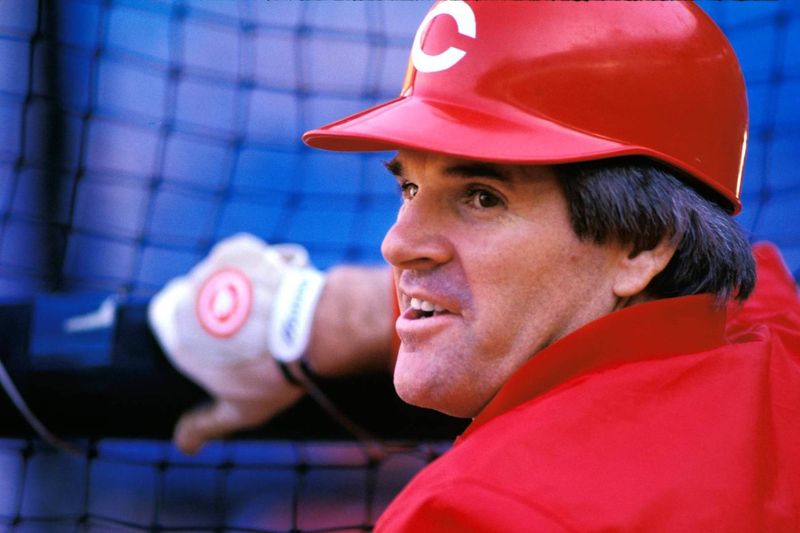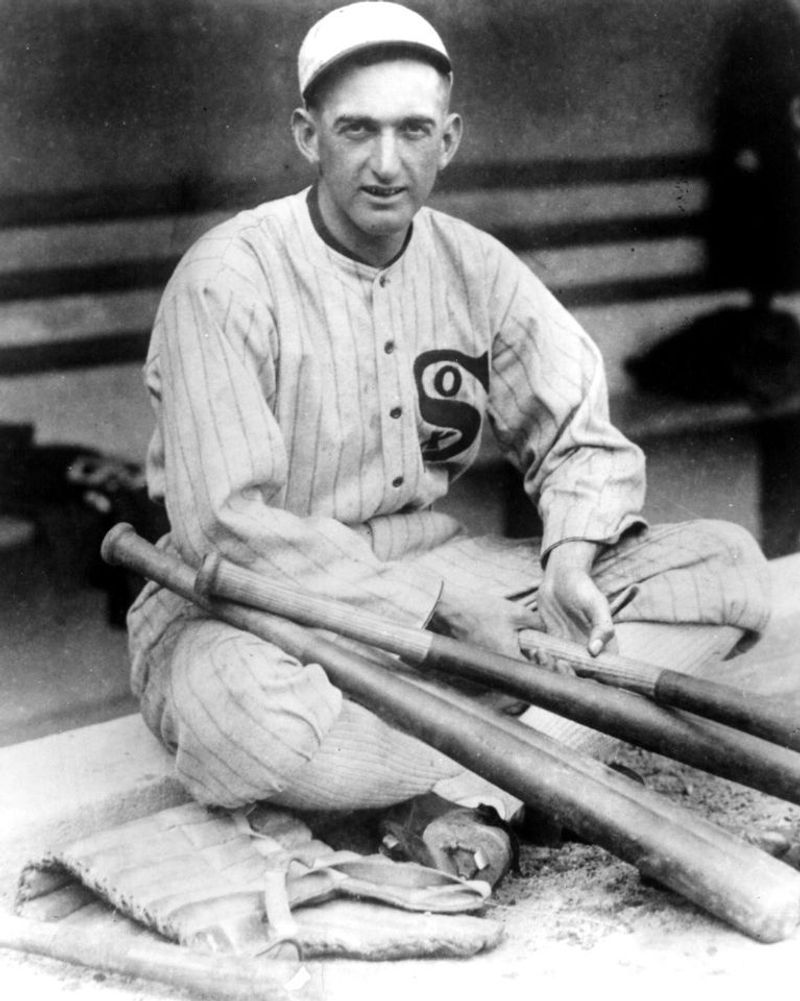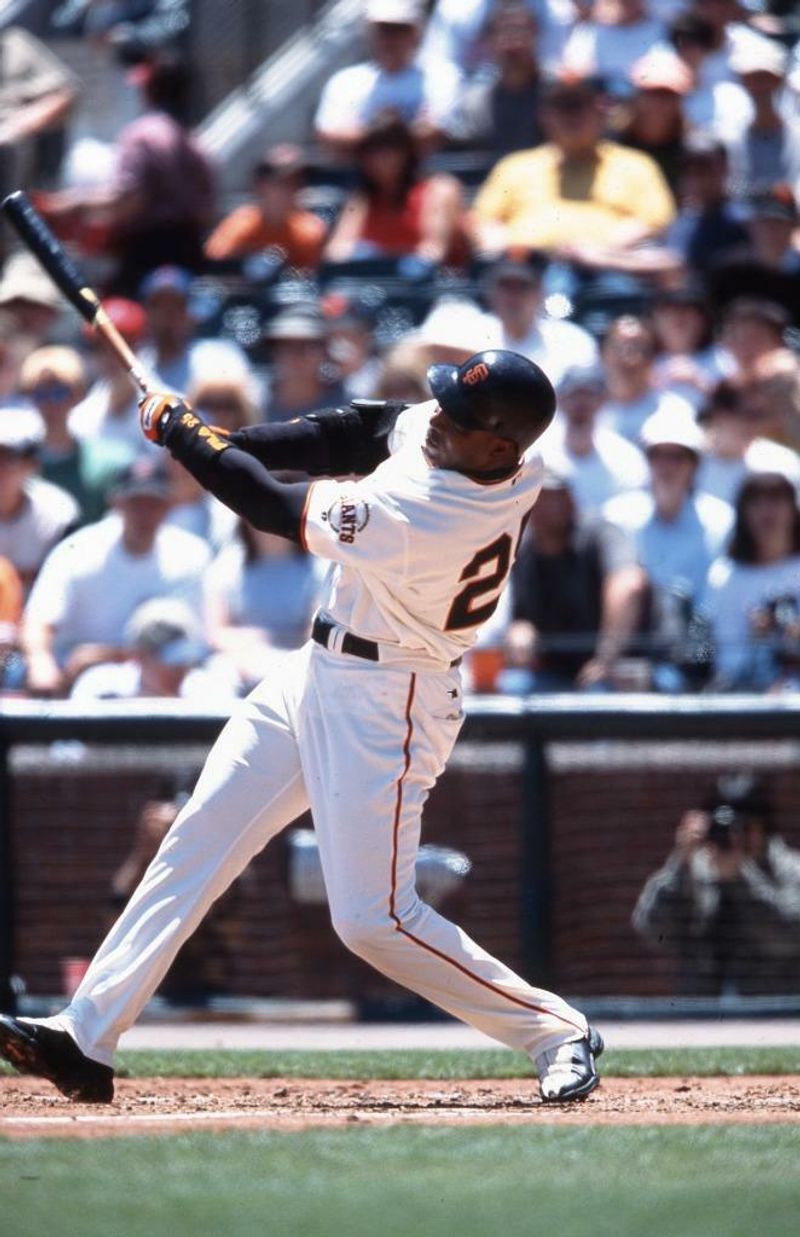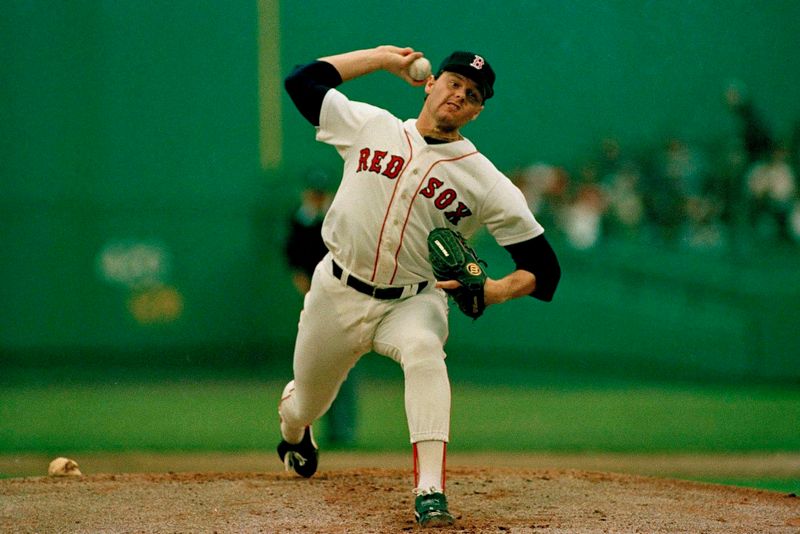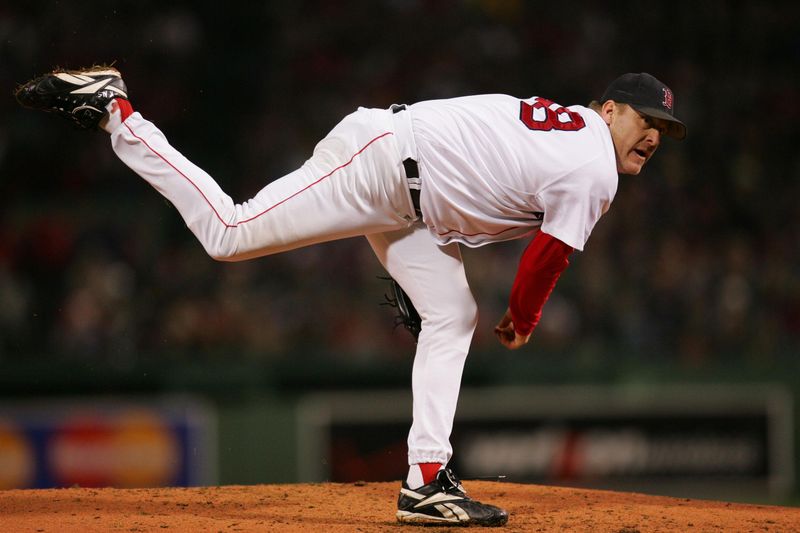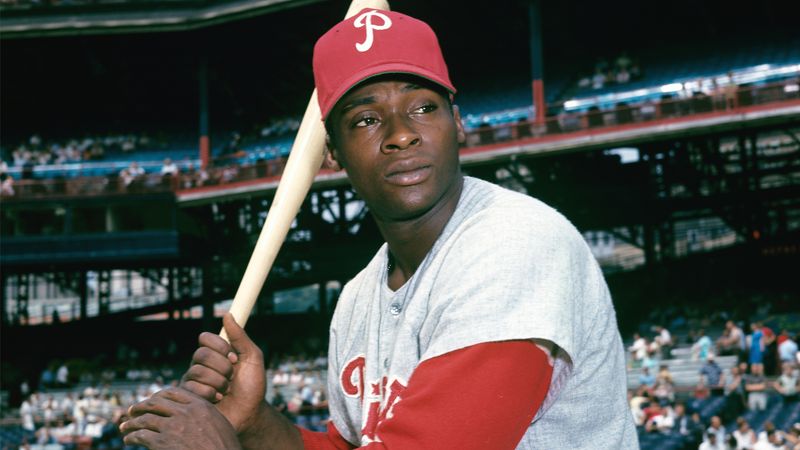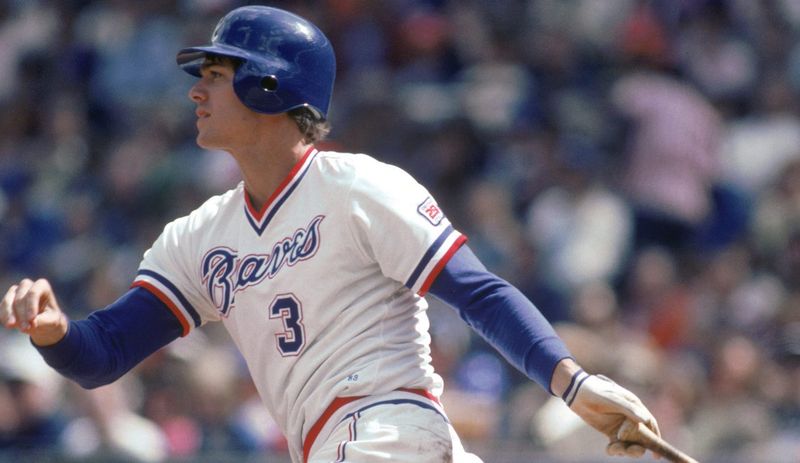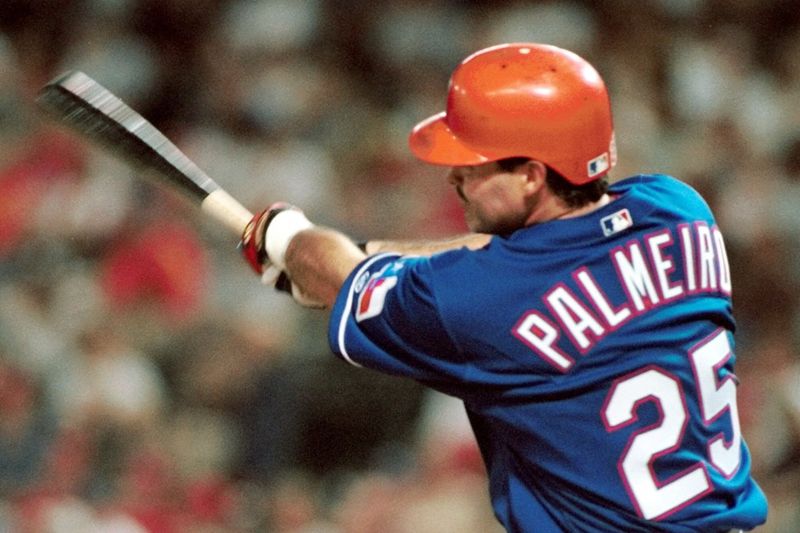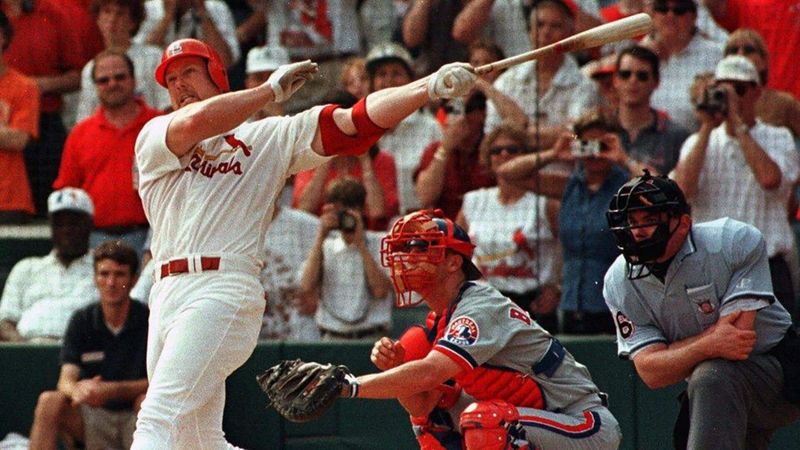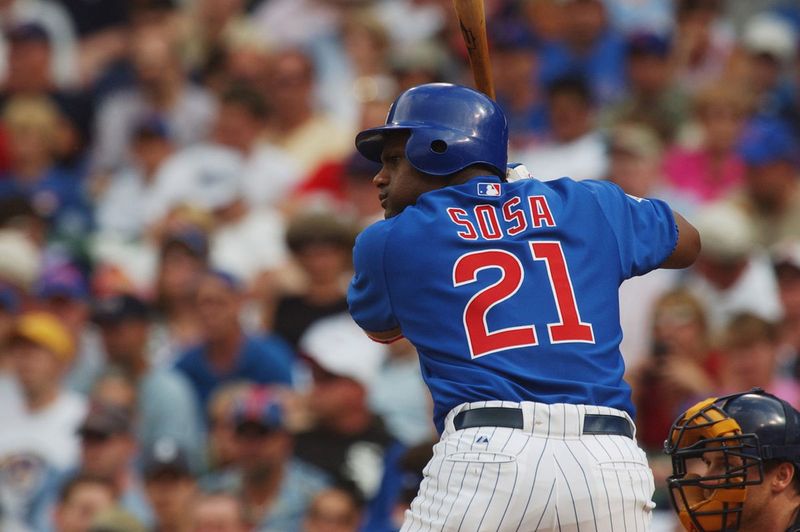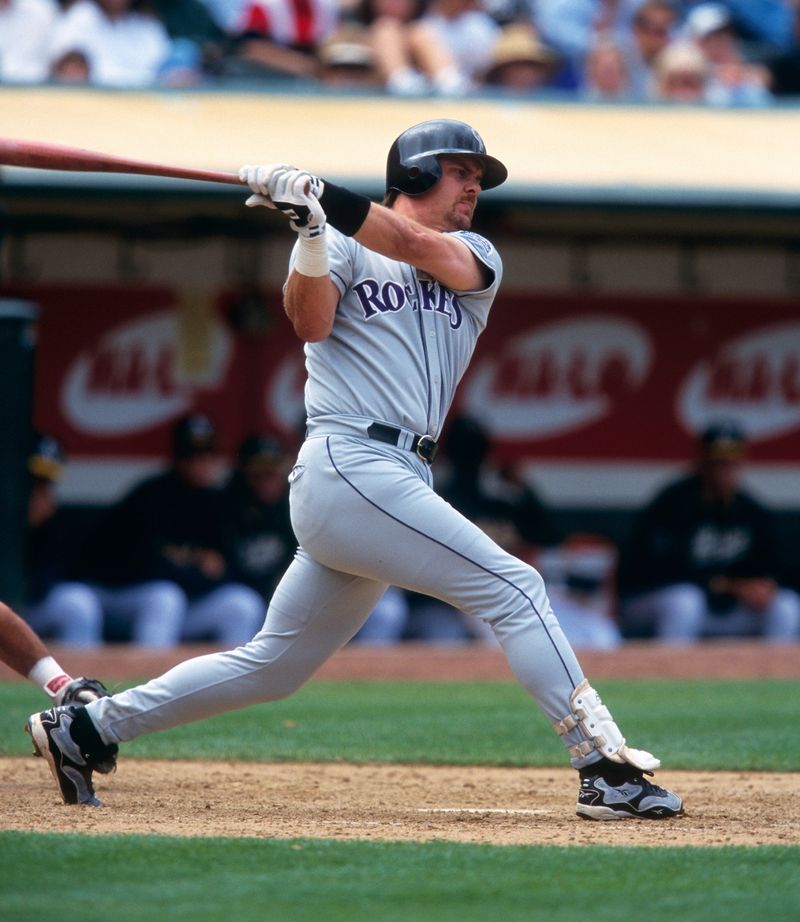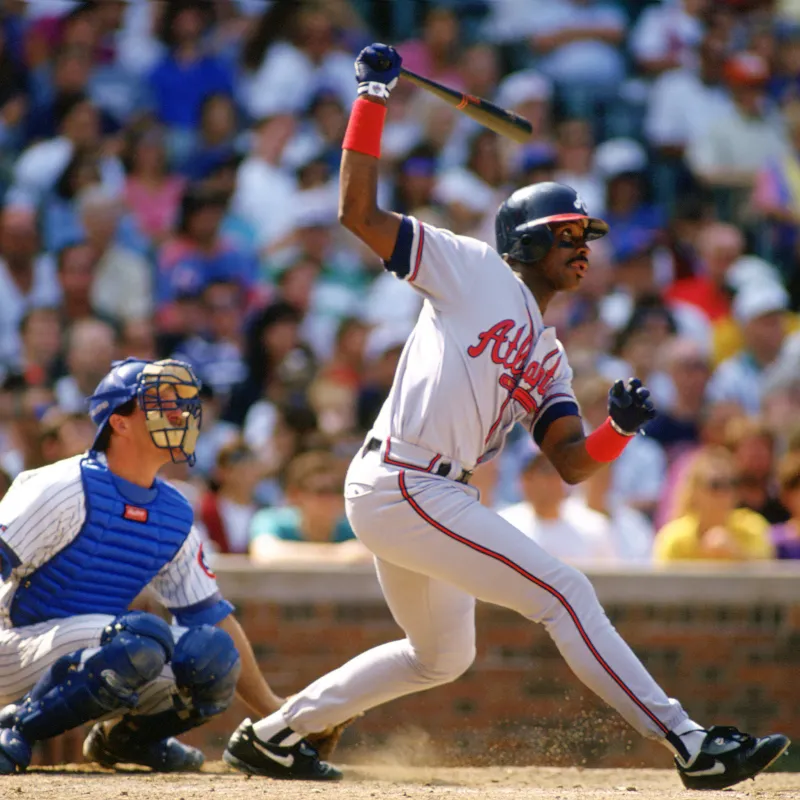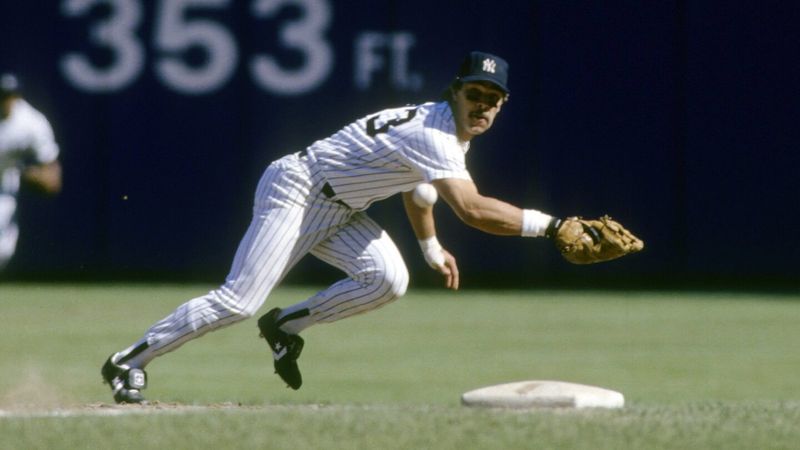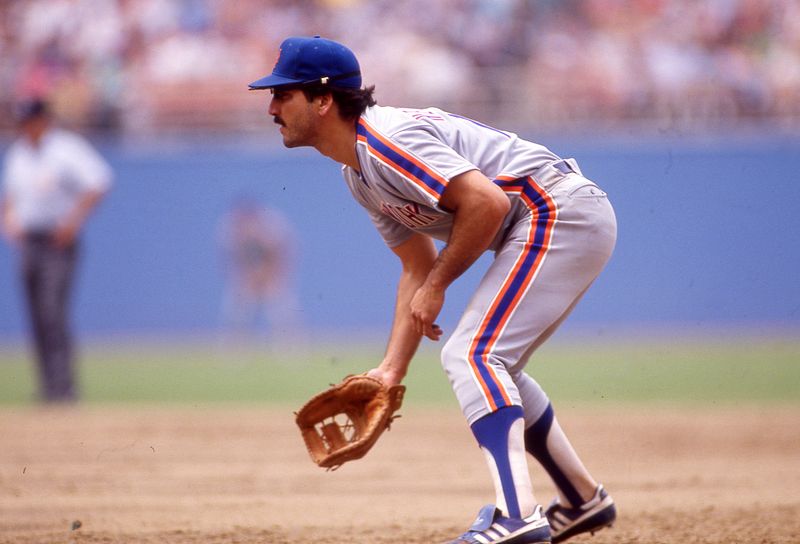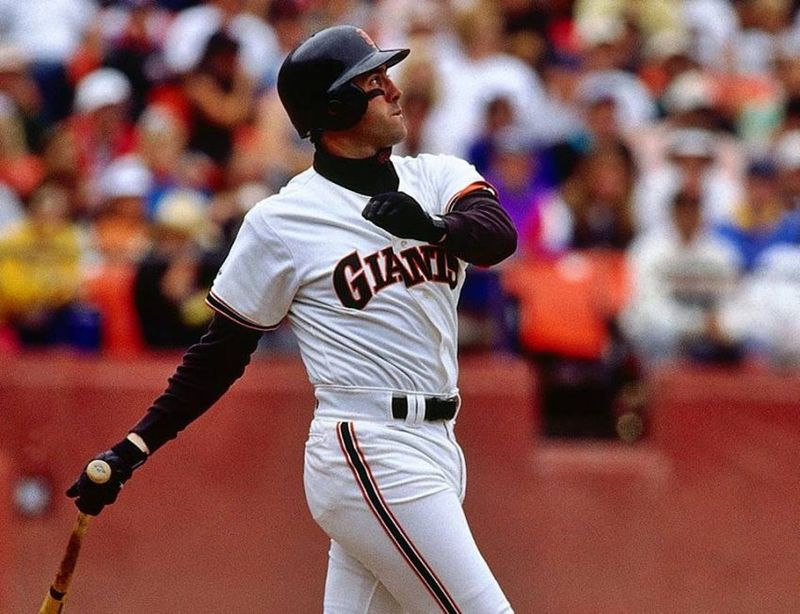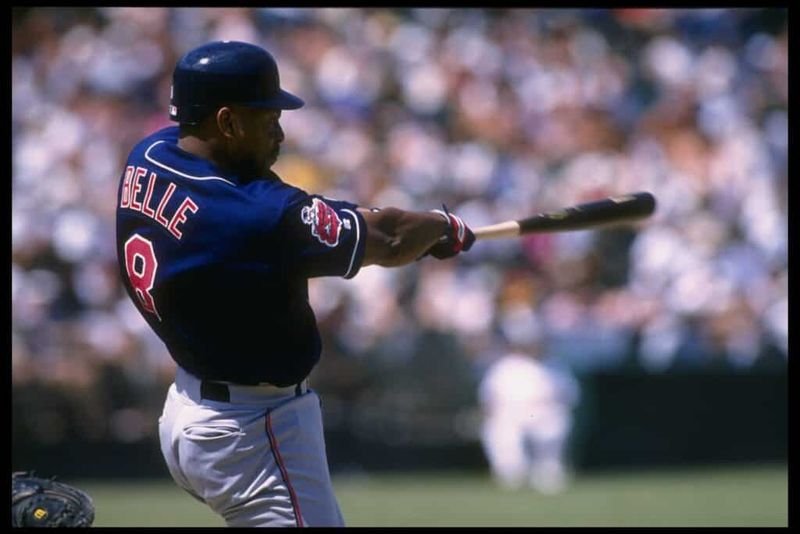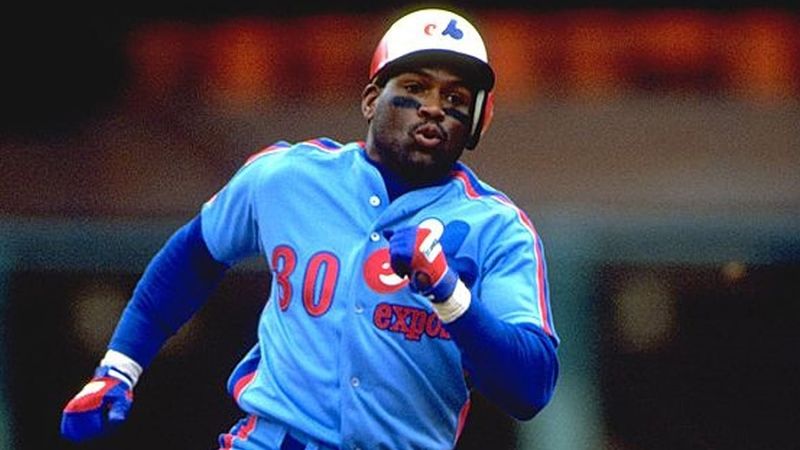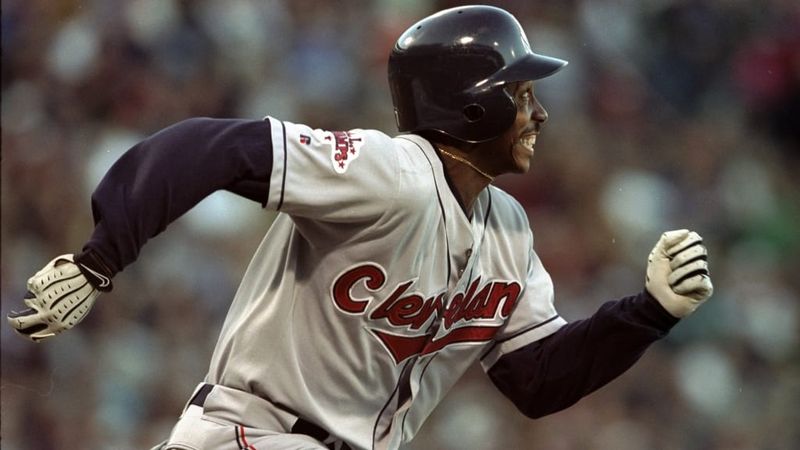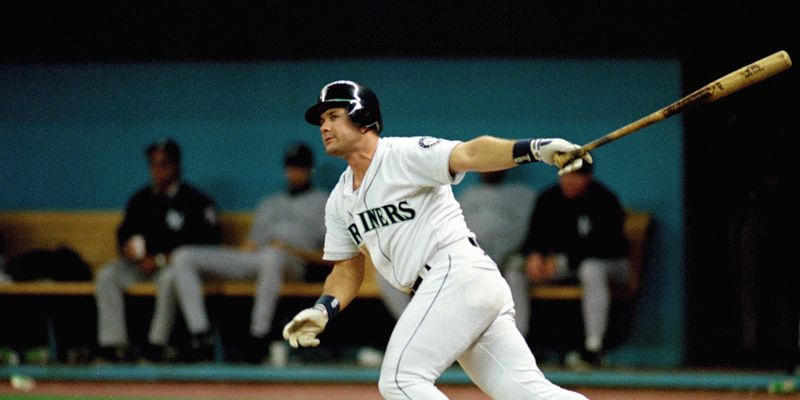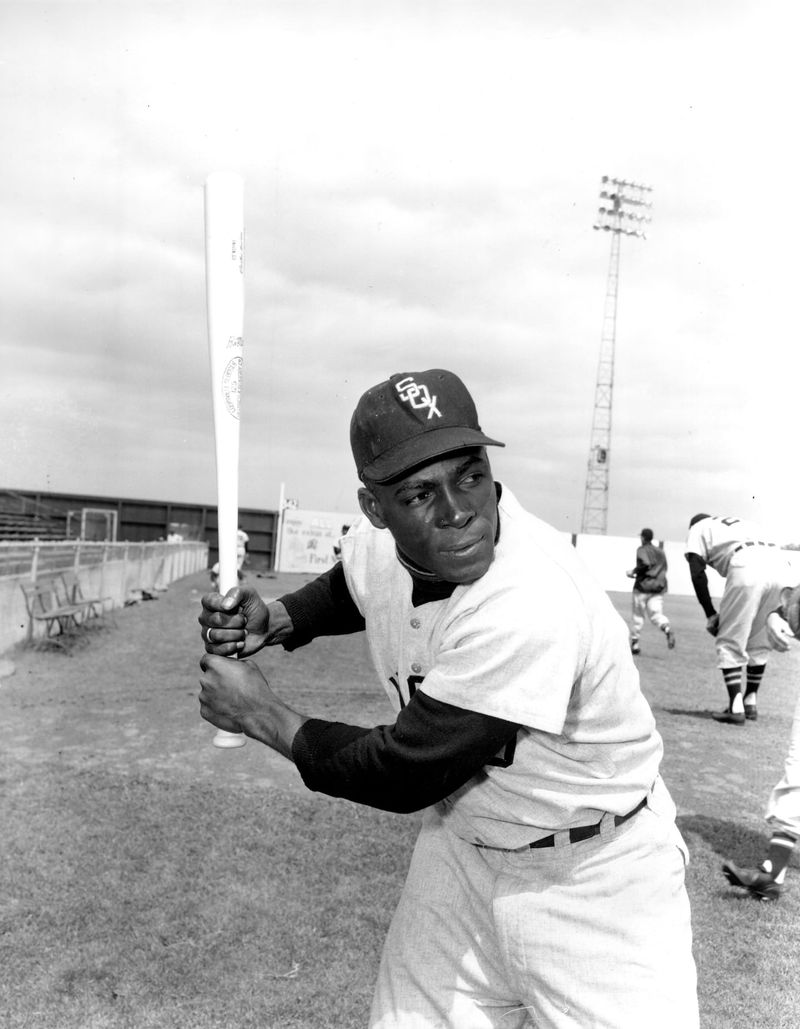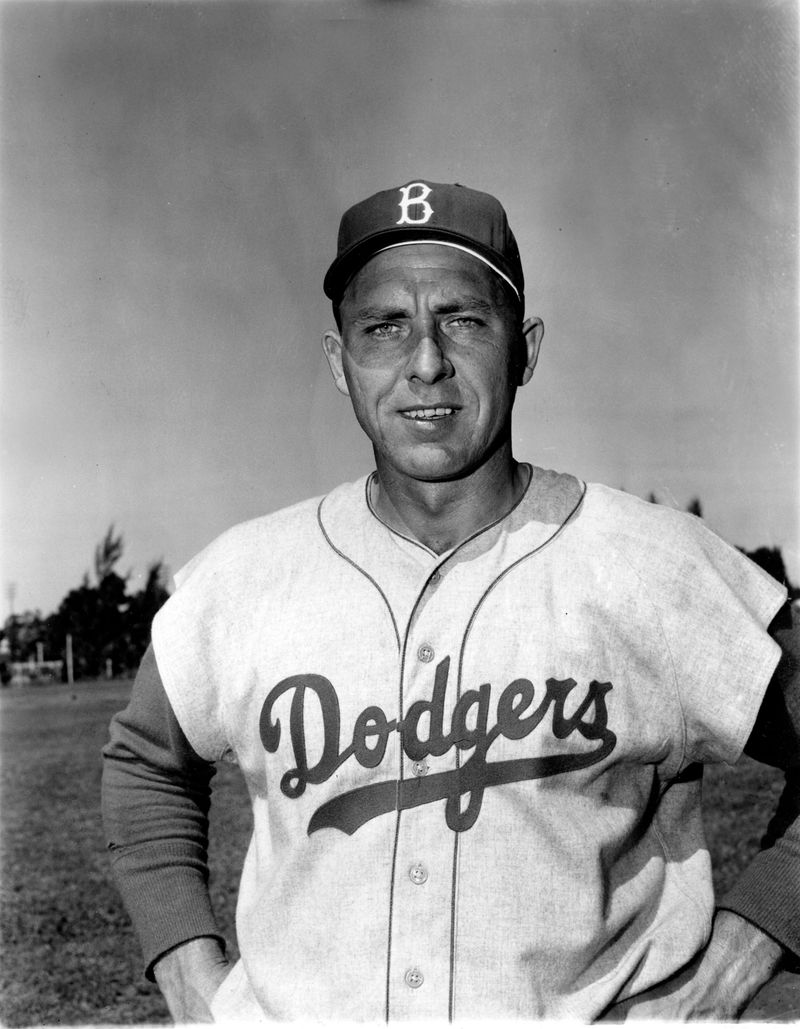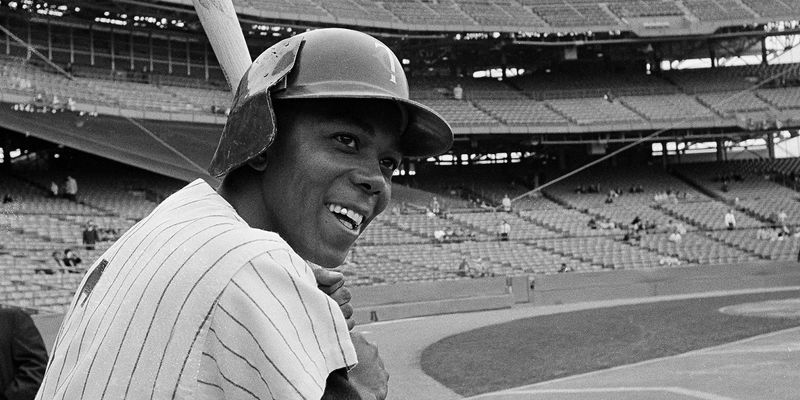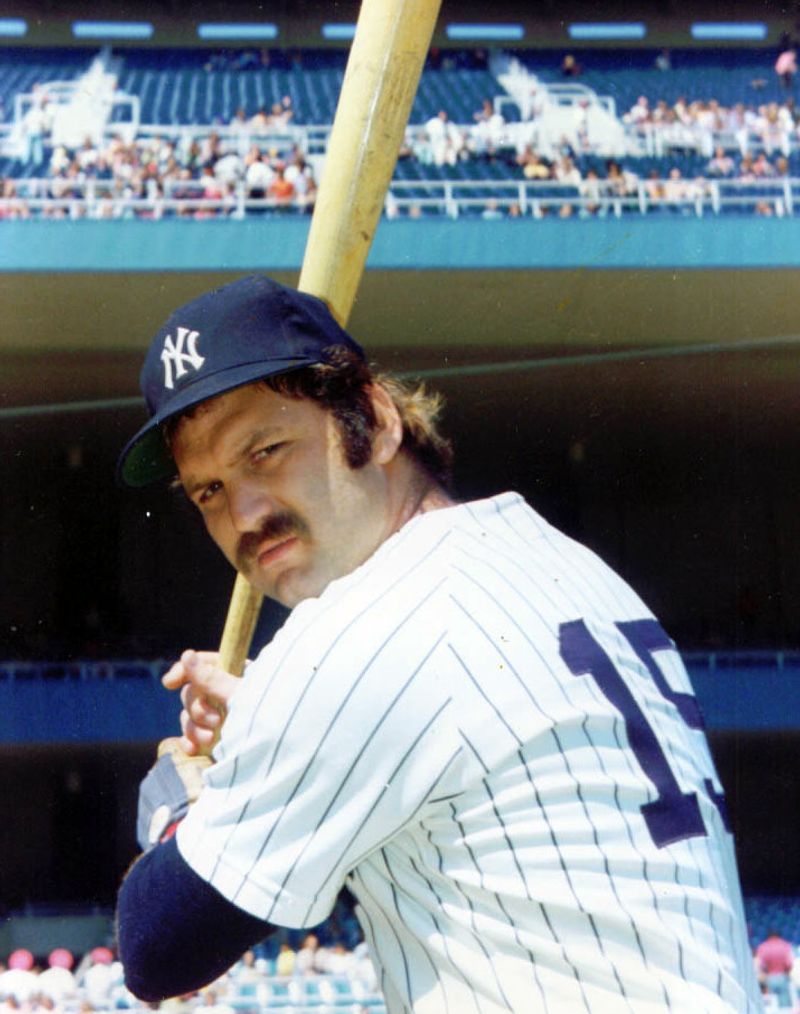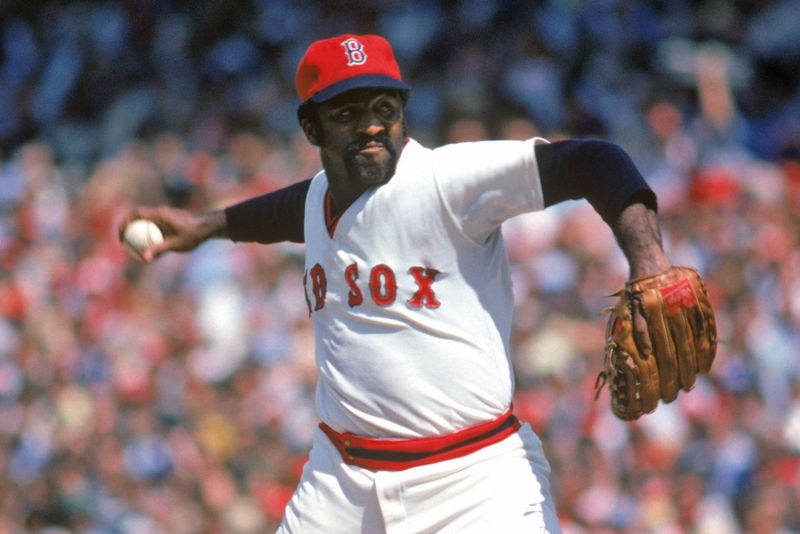Baseball’s Hall of Fame stands as the sport’s greatest honor, yet many deserving players remain on the outside looking in. Some fell short due to character issues, while others simply didn’t get enough recognition during their careers.
These overlooked stars put up incredible numbers and changed the game forever. Their absence from Cooperstown represents one of baseball’s biggest ongoing debates.
1. Pete Rose – The Hit King
Nobody in baseball history collected more hits than Charlie Hustle himself. Rose’s 4,256 career hits may never be broken, yet his gambling scandal keeps him locked out of Cooperstown.
His 44-game hitting streak in 1978 captivated America and showed his incredible consistency. Rose played with unmatched intensity and helped teams win championships.
Many fans believe his on-field accomplishments should outweigh his off-field mistakes in Hall of Fame voting.
2. Shoeless Joe Jackson – The Natural Talent
Jackson’s smooth swing earned him the nickname “Shoeless Joe” and inspired countless baseball stories. His .356 career batting average ranks third all-time, yet the Black Sox scandal destroyed his legacy.
Many historians believe Jackson was innocent and simply followed his teammates’ lead. His illiteracy made him an easy target for blame.
Jackson’s incredible natural ability deserves recognition despite the controversy surrounding the 1919 World Series.
3. Barry Bonds – The Home Run King
Bonds transformed from a speedy leadoff hitter into baseball’s most feared power threat. His 762 home runs and seven MVP awards create an undeniable case for Cooperstown.
Steroid allegations overshadow his incredible plate discipline and batting eye. Before any suspected enhancement, Bonds was already a Hall of Fame player.
His combination of power, speed, and defensive ability made him one of baseball’s most complete players ever.
4. Roger Clemens – The Rocket
Clemens’ 354 wins and seven Cy Young Awards showcase his dominance across multiple decades. His 20-strikeout game in 1986 remains one of baseball’s most impressive single-game performances.
The fireballer’s competitive spirit and intimidating presence made him nearly unhittable in his prime. Steroid accusations have kept him out of Cooperstown.
Many believe his pre-steroid era accomplishments alone justify Hall of Fame induction for this legendary pitcher.
5. Curt Schilling – The Postseason Hero
Schilling’s bloody sock performance in the 2004 playoffs epitomizes clutch pitching under pressure. His 216 wins and 3,116 strikeouts match many Hall of Fame pitchers’ credentials.
Controversial social media posts hurt his candidacy with voters who consider character. His postseason record of 11-2 with a 2.23 ERA shows incredible big-game ability.
Schilling’s World Series championships with Arizona and Boston cement his legacy as a winner.
6. Dick Allen – The Underappreciated Slugger
Allen’s 351 home runs and 1972 MVP award highlight a career filled with incredible power numbers. His struggles with media and fans overshadowed his on-field brilliance.
The first baseman’s ability to drive in runs made him one of the most feared hitters of his era. Allen played during baseball’s second dead-ball era, making his numbers more impressive.
Recent advanced statistics show Allen was much better than originally thought by traditional metrics.
7. Dale Murphy – The Good Guy
Murphy’s back-to-back MVP awards in 1982 and 1983 came during his incredible peak with Atlanta. His 398 home runs fell just short of the magic 400 number.
The outfielder’s character and sportsmanship made him a role model for young fans everywhere. Murphy’s five Gold Gloves prove he excelled on both sides of the ball.
His clean image and community involvement represent everything positive about professional baseball during the 1980s.
8. Rafael Palmeiro – The Consistent Producer
Palmeiro joined the exclusive 3,000-hit, 500-home run club before his steroid suspension derailed everything. His consistent production over 20 seasons showed remarkable durability.
The first baseman’s smooth swing and professional approach made him one of baseball’s most reliable hitters. His congressional testimony about steroids became a national controversy.
Many fans forget how dominant Palmeiro was before the scandal destroyed his Hall of Fame chances.
9. Mark McGwire – The Bash Brother
McGwire’s 70 home runs in 1998 saved baseball after the devastating 1994 strike. His 583 career home runs include some of the longest blasts ever recorded.
The slugger’s admitted steroid use overshadows his incredible power display that captivated America. McGwire’s home run race with Sammy Sosa brought fans back to ballparks.
His rookie record of 49 home runs showed his natural power before any performance enhancement questions arose.
10. Sammy Sosa – The Joyful Slugger
Sosa’s infectious smile and home run celebrations made him baseball’s most entertaining player during the late 1990s. His 609 home runs rank among the highest totals in history.
The outfielder’s three seasons with 60-plus home runs showcase incredible power consistency. Steroid allegations and corked bat incidents damaged his reputation significantly.
Sosa’s impact on baseball’s popularity during the home run era cannot be overstated or forgotten.
11. Larry Walker – The Canadian Crusher
Walker’s 1997 MVP season included a .366 batting average and incredible all-around performance. His combination of power, speed, and defense made him a complete five-tool player.
The outfielder’s Coors Field home ballpark hurt his reputation among voters who discounted his statistics. Walker actually performed better on the road than at home during many seasons.
His strong arm and defensive ability earned three Gold Gloves while playing in Colorado’s challenging outfield.
12. Fred McGriff – The Crime Dog
McGriff’s 493 home runs came during baseball’s toughest era for pitchers, making his numbers more impressive. His consistent 30-home run seasons showed remarkable power reliability.
The first baseman’s smooth swing and professional approach earned respect from teammates and opponents alike. McGriff played for multiple teams but maintained his high standards everywhere.
His peak years coincided with the steroid era, yet McGriff achieved his numbers through natural ability and hard work.
13. Don Mattingly – Donnie Baseball
Mattingly’s 1985 MVP season included 145 RBIs and incredible clutch hitting for the Yankees. His back injuries cut short what should have been a Hall of Fame career.
The first baseman’s sweet swing and leadership made him one of baseball’s most popular players. Mattingly’s defensive ability earned him nine Gold Gloves at first base.
His inability to reach the World Series with New York remains one of baseball’s biggest disappointments for fans.
14. Keith Hernandez – The Defensive Wizard
Hernandez revolutionized first base defense with his incredible range and positioning knowledge. His 11 Gold Gloves show defensive dominance rarely seen at his position.
The first baseman’s batting titles and clutch hitting helped teams win championships in St. Louis and New York. Hernandez’s admitted cocaine use hurt his Hall of Fame chances.
His television commentary work has introduced new generations to his incredible baseball knowledge and defensive expertise.
15. Will Clark – The Natural
Clark’s sweet swing and clutch hitting made him one of baseball’s most feared hitters during the late 1980s. His 1989 playoffs performance almost carried San Francisco to a championship.
The first baseman’s intense competitive spirit and batting ability earned him six All-Star selections. Clark’s .303 career average shows consistent hitting excellence throughout his career.
His rivalry with Mark Grace created one of baseball’s most entertaining first base matchups during the 1990s.
16. Albert Belle – The Intimidating Force
Belle’s 1995 season included 50 home runs and 50 doubles, a feat accomplished by only one player in history. His incredible power numbers came during baseball’s most competitive era.
The outfielder’s temperament and media relationships hurt his public image despite incredible on-field performance. Belle’s career ended early due to hip problems that robbed him of additional productive seasons.
His combination of power and average made him one of the most dangerous hitters of the 1990s.
17. Tim Raines – Rock
Raines’ 808 stolen bases and .385 on-base percentage made him one of baseball’s most dangerous leadoff hitters. His speed and base-running intelligence terrorized opposing pitchers.
The outfielder’s cocaine issues during the 1980s overshadowed his incredible on-field contributions for years. Raines’ ability to get on base consistently made him invaluable to championship teams.
His patient approach at the plate and stolen base success rate show a complete understanding of offensive strategy.
18. Kenny Lofton – The Speedster
Lofton’s 622 stolen bases and incredible center field defense made him one of baseball’s most exciting players. His leadoff hitting ability helped teams reach the playoffs consistently.
The outfielder’s speed and base-running instincts created scoring opportunities from seemingly impossible situations. Lofton’s defensive range in center field saved countless runs throughout his career.
His playoff appearances with multiple teams show how valuable his skills were to championship-caliber organizations.
19. Edgar Martinez – The Designated Hitter
Martinez’s .312 career average and incredible plate discipline made him baseball’s greatest designated hitter. His two batting titles show consistent excellence at the plate.
The hitter’s ability to work counts and drive in runs made him one of Seattle’s most beloved players. Martinez’s postseason heroics in 1995 helped save baseball in Seattle.
His patient approach and clutch hitting ability influenced an entire generation of hitters who studied his techniques.
20. Minnie Minoso – The Cuban Comet
Minoso broke barriers as one of baseball’s first Latino stars while putting up incredible offensive numbers. His speed and power combination made him a five-tool player.
The outfielder’s impact on Latino players entering baseball cannot be overstated or forgotten. Minoso’s aggressive style and competitive spirit earned respect from teammates and opponents.
His career spanned multiple decades and showed remarkable longevity despite facing discrimination and challenges throughout his playing days.
21. Gil Hodges – The Gentle Giant
Hodges’ 370 home runs and incredible defensive ability made him one of baseball’s most complete first basemen. His leadership and character earned respect throughout the sport.
The first baseman’s World Series championships with Brooklyn and managing success with the Mets show his baseball intelligence. Hodges’ gentle nature and community involvement made him a role model.
His sudden death at age 47 robbed baseball of one of its finest people and most knowledgeable minds.
22. Tony Oliva – The Hitting Machine
Oliva’s three batting titles and incredible rookie season made him one of baseball’s most feared hitters. His knee injuries cut short what should have been a Hall of Fame career.
The outfielder’s smooth swing and consistent hitting ability made him a fan favorite in Minnesota. Oliva’s impact on Latino players and the Twins organization continues today.
His designated hitter role later in his career helped extend his productive years despite physical limitations and injuries.
23. Thurman Munson – The Captain
Munson’s leadership and clutch hitting made him the heart of the Yankees’ championship teams. His 1976 MVP award came during his incredible peak as a catcher.
The catcher’s tragic death in a plane crash at age 32 cut short a potential Hall of Fame career. Munson’s defensive ability and handling of pitchers earned respect from teammates.
His competitive spirit and clutch hitting in big games made him one of baseball’s most valuable players during the 1970s.
24. Luis Tiant – El Tiante
Tiant’s 229 wins and incredible pitching motion made him one of baseball’s most entertaining and effective pitchers. His 1968 season included a 1.60 ERA and incredible dominance.
The pitcher’s ability to change speeds and arm angles baffled hitters throughout his career. Tiant’s postseason performances with Boston made him a Red Sox legend.
His colorful personality and competitive spirit made him a fan favorite wherever he played during his long career.
